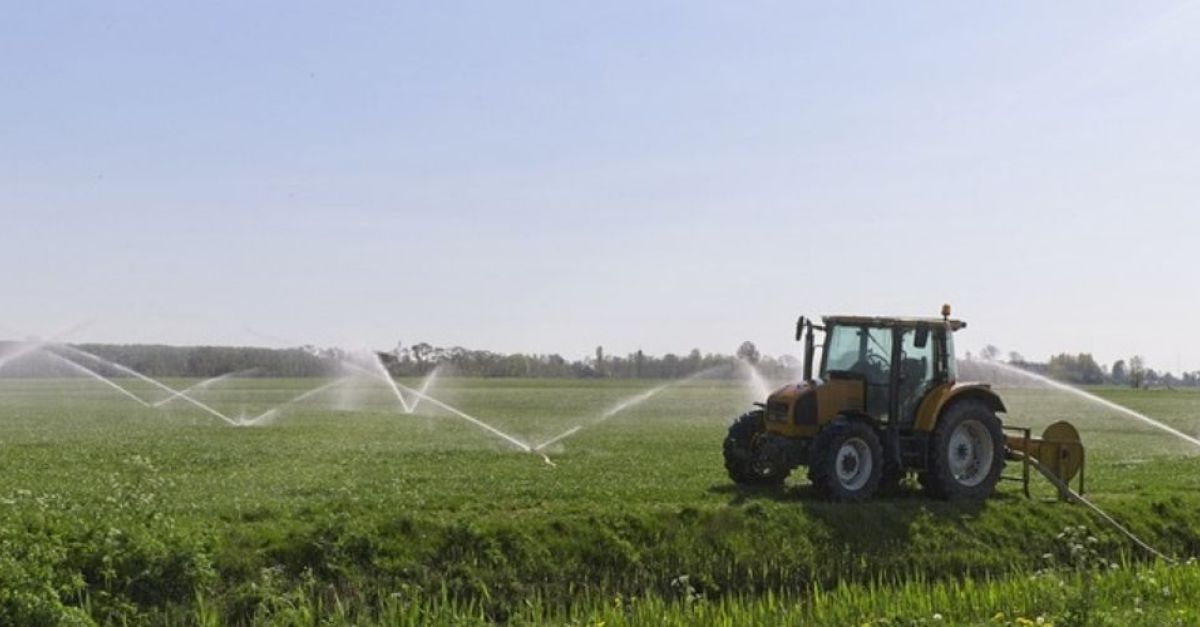
EU presents its Vision for Agriculture and Food but remains vague on food-water nexus
Today, the European Commission published its Vision for Agriculture and Food, setting out Europe’s strategy to develop a fair, competitive and sustainable food supply chain by 2040 and beyond.
EurEau welcomes a number of elements including measures to secure a fair income for farmers, better access to finance, and the proposal to introduce a fast-track for the authorisation of biopesticides. Nature credits can support environmentally compatible farming practices and should incentivise the protection of drinking water resources. Promoting soil health measures will benefit the quality of soils and water bodies, including groundwater.
On the other hand, the Commission remain vague on the link between this Vision and the forthcoming Water Resilience Strategy. Agriculture is one of the first sectors to be affected by water scarcity and polluted water resources. Europe’s water service providers can supply highly treated wastewater for agricultural irrigation in water-stressed regions. Furthermore, they can help farmers to close nutrient and carbon cycles, thus reducing Europe’s dependence on fertiliser imports. However, for these opportunities to be fully exploited, we need a legal framework to be established to ensure their viability.
The Commission also fails to provide a clear vision of how to end the pollution of drinking water resources by pesticides (and their metabolites) and nitrates. Ensuring compliance with drinking water standards not only puts a substantial financial burden on water service providers, it also jeopardises the viability of nutrient and water recovery and recycling. A prime example is the release of TFA from PFAS-containing pesticides. This substance is almost impossible to remove from the water cycle and might put at risk the use of reclaimed water for irrigation purposes.
Last but not least, EurEau is concerned that the announcement of moving the CAP from ‘conditions to incentives’ and to undertake an ‘unprecedented simplification effort’ may be to the detriment of water resources protection.
The water sector stands ready to partner with farmers. We call on the Commission to ensure that future legislation will take full account of the food-water nexus and that the enabling factors are put in place to the benefit of both farmers and water service providers.
- Created on .